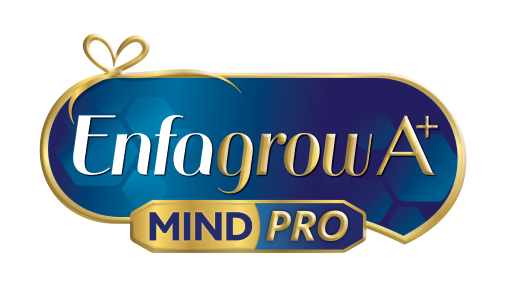
Tips on Selecting a Playschool that Suits Your Child
One of the most important things you can plan for ahead of time is selecting a playschool that is suitable for your child. Your child’s future playschool will help with their overall development. Therefore, it is important for you to take your time and determine which institution will help your child's developmental goals.
Beginning your selection process by researching early gives you flexibility in your choices and allows you to examine the playschool’s early education programs more thoroughly. When selecting a playschool for your child, you need to consider the following factors:
Before selection: Determine the your child’s needs
Before you check out places, make sure to ask yourself what kind of school environment you want for your child1. These are important questions to ask when selecting a playschool. These questions will allow you to narrow down options based on who can provide the needs you will anticipate for your child:
-
Do you want a place with many children and multiple interactions, or a more intimate setting with more one-on-one time with the teachers?
-
Do you want a traditional educational program or something more hands-on?
-
What kind of special needs will you need to consider for your child, such as napping, social interactions or health considerations?
During selection: Look for positive indicators
After you’ve determined the kind of environment and needs you’re expecting for your child, your next step is to start surveying the playschools on whether they meet your requirements2. While there’s no formula for selecting a playschool, you should observe the following factors to help you evaluate:
-
How teachers interact with children
The way the adults in the playschool interact with the children will show you much about how your child’s development will be supported3. Check if the adults’ behavior builds trust with the children and reinforces positive behavior. Gestures below are are good indicators:
-
leveling with children face-to-face and looking them in the eyes while talking to them.
-
not clicking their tongues or rolling their eyes at children.
-
constantly communicating with children.
-
Communication plan with families
You’ll need to talk to the playschool and the parents of children enrolled in that playschool. It would be helpful to discuss about building relationships with the families involved. Your child’s development will be a joint effort between you and the playschool. So maintaining constant and open communication is a must.
-
Approach to discipline
Observe how the adults in the playschool deal with children who are behaving inappropriately. They should be focused on helping the children instead of punishing them. Their approach should work towards building children’s social skills and communication skills during times of conflict. -
Activities for children
What kind of activities does the playschool offer? Bearing in mind that children have short attention spans—they can only sit still for 15-20 minutes at a time. They should offer a variety of activities that focus on:
-
developing motor skills
-
building language and communication
-
improving social skills
-
instilling positive values
-
fostering creative and critical thinking
-
Support for the teachers and staff
Institutions with well-supported staff will perform better. This is because the adults will be motivated to provide the highest level of care and education for your child. Are the staff well-compensated? What kind of resources do they have access to for creating children’s learning programs? You should ask these questions to help you in selecting a playschool for your child.
Other selection factors
There are other things to consider when selecting a playschool for your child. These include, but are not limited to:
-
security of the playschool and its surrounding environment
-
proximity to your home
-
health and nutrition provisions provided by the institution
-
childcare policies
It’s best for you to create a checklist of questions to bring with you when checking out institutions to make sure you don't miss a single detail4.
One of the best ways to help you in selecting a suitable playschool for your child is to talk to experts and other moms. You should try to get their recommendations, as there’s nothing more revealing like firsthand experience and expertise in the process of selection.
You want to make sure your child has all of the advantages when starting preschool. Getting the nutrients they need helps with your child’s brain development.
REFERENCES:
- “Choosing a Preschool or Childcare Center.” PBS. Accessed 09 August 2020
from:
https://www.pbs.org/parents/thrive/choosing-a-preschool-or-childcare-center - Bouffard, Suzanne.“How to Pick a Preschool.” Harvard Graduate School of Education. Accessed 09
August 2020 from:
https://www.gse.harvard.edu/news/uk/17/11/how-pick-preschool - Glenn-Applegate, Katherine.“Caregivers'Preschool Selection Factors and Their Degree of Agency in
Selecting High-Quality Preschools.” Ohio State University. p.110. Accessed 09 August 2020
from:
https://etd.ohiolink.edu/apexprod/rws_olink/r/1501/10?p10_etd_subid=74270&clear=10 - ”Preschool Program Checklist.” Child Care Aware of America. Accessed 09 August 2020
from:
https://www.childcareaware.org/families/choosing-quality-child-care/selecting-child-care-program/preschool-program-checklist/


